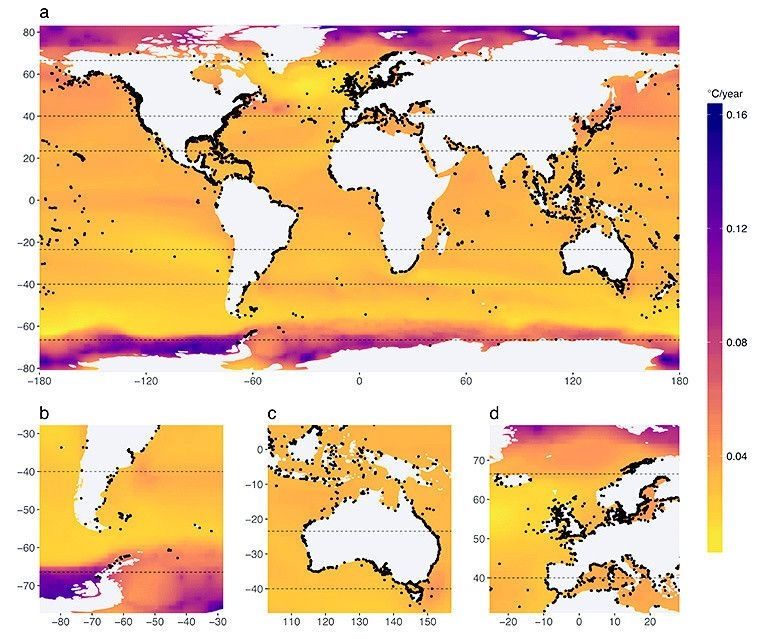Last October, a University of California, Berkeley, team headed down to the Arizona desert, plopped their newest prototype water harvester into the backyard of a tract home and started sucking water out of the air without any power other than sunlight.
The successful field test of their larger, next-generation harvester proved what the team had predicted earlier in 2017: that the water harvester can extract drinkable water every day/night cycle at very low humidity and at low cost, making it ideal for people living in arid, water-starved areas of the world.
“There is nothing like this,” said Omar Yaghi, who invented the technology underlying the harvester. “It operates at ambient temperature with ambient sunlight, and with no additional energy input you can collect water in the desert. This laboratory-to-desert journey allowed us to really turn water harvesting from an interesting phenomenon into a science.”









